Thickeners are substances added to food to improve its consistency. While they are usually harmless to our health, some used in the food industry can cause a variety of illnesses if consumed in large quantities over a long period of time. It's therefore worth knowing about the thickeners found on the labels of popular products and those we add to our own food—especially since natural, healthy alternatives are available in health food stores.
What are thickeners?
Thickeners are high-molecular-weight compounds that swell (gel) in water, forming viscous and sticky solutions upon dissolution. Their main function is to provide the proper consistency to food products. While many thickeners are harmless to our health, it's important to remember that some have adverse effects on our bodies.
Where are thickeners used?
Thickeners are primarily used in the food industry to produce jellies, preserves, marmalades, jams, artificial honey, puddings, creams, sorbets, ice cream, jelly beans, candies, marshmallows, lollipops, margarine, yogurt, cream, mayonnaise, sandwich sauces, ketchup, and many others. Thickeners are also used in the printing industry to prepare printing inks, as well as in the cosmetics industry.
Let's also remember that we also use them in everyday cooking – for example, when preparing desserts, ice cream, sauces, fruit preserves, etc. It is therefore worth knowing which of the thickeners available on the market are natural.
Organic Agar Agar - 20g Organic Arrowroot 250g
Types of thickeners
Food additives from this group (thickeners) are assigned E symbols 400-499 by the European Union. There are currently sixty-nine emulsifiers and thickeners approved for use in Europe. Thickeners can be divided into two main groups: natural and chemical.
Natural substances (i.e. those that we can use in the kitchen without worrying about our health) include substances such as:
- starch
- gelatine
- guar gum
- Agar-Agar
- agave inulin
- millet flour
- rice flour
- almond flour
- arrowroot
Chemicals (i.e. those that should be avoided) include:
- xanthan gum,
- diphosphates,
- triphosphates,
- polyphosphates,
- mono- and diglycerides of fatty acids esterified with acetic (lactic) acid.
Agar-Agar and arrowroot – some of the best thickeners
Agar-agar is a thickener that is becoming increasingly popular and widely available in stores. Some product packaging uses the symbol E406. Agar-agar is a natural and healthy thickener and stabilizer produced by seaweed and naturally occurring marine algae from the Gelidiaceae and Gracilariaceae families.
Its uses are very similar to gelatin, but it's safer for your health. Being a plant-based product, agar-agar is ideal for vegans and vegetarians—which accounts for much of its popularity. This thickener is completely natural, eco-friendly, and tasteless, so it doesn't alter the flavor of the dishes it's added to. If you're unsure how to thicken soup, know that agar-agar is also suitable for that purpose. Agar-agar is most often used to prepare fruit jellies, jams and preserves, creams, and sorbets. Yogurts, kefirs, puddings, and ice cream can be made with agar and milk.
Arrowroot has also gained immense popularity among thickeners. It doesn't change the flavor or aroma of dishes, but is ideal for thickening cakes, ice cream, sauces, and soups. Furthermore, it's an excellent gluten-free flour, which is why it's so popular – not only with people struggling with celiac disease, allergies, or gluten sensitivity.
Thickeners play an important role in our daily diet. It's worth choosing those of natural origin. After all, our health and the health of those closest to us are at stake. We invite you to visit our store, where you'll find a variety of natural, healthy thickeners.
See also other entries:
3 things you should know about guar gum



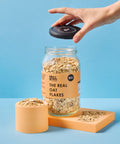
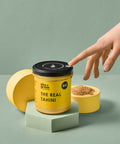


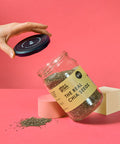
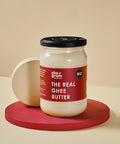
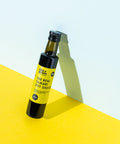
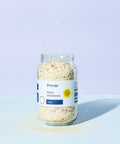
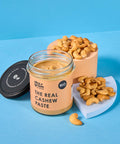
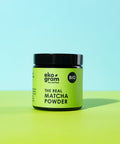
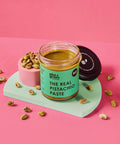
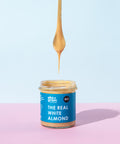
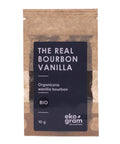


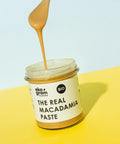



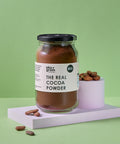




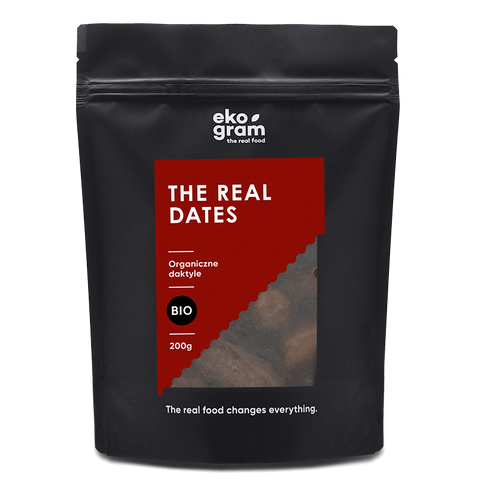
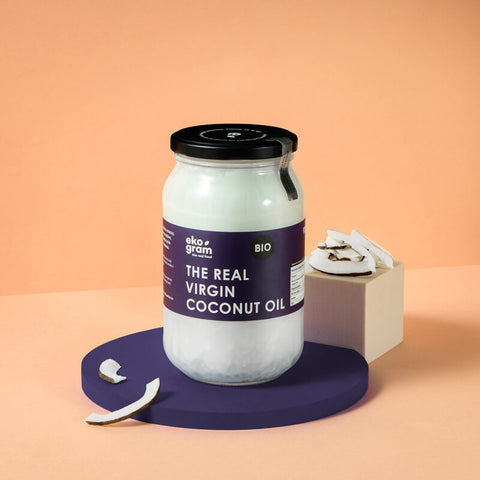

Comments (0)
There are no comments for this article. Be the first one to leave a message!